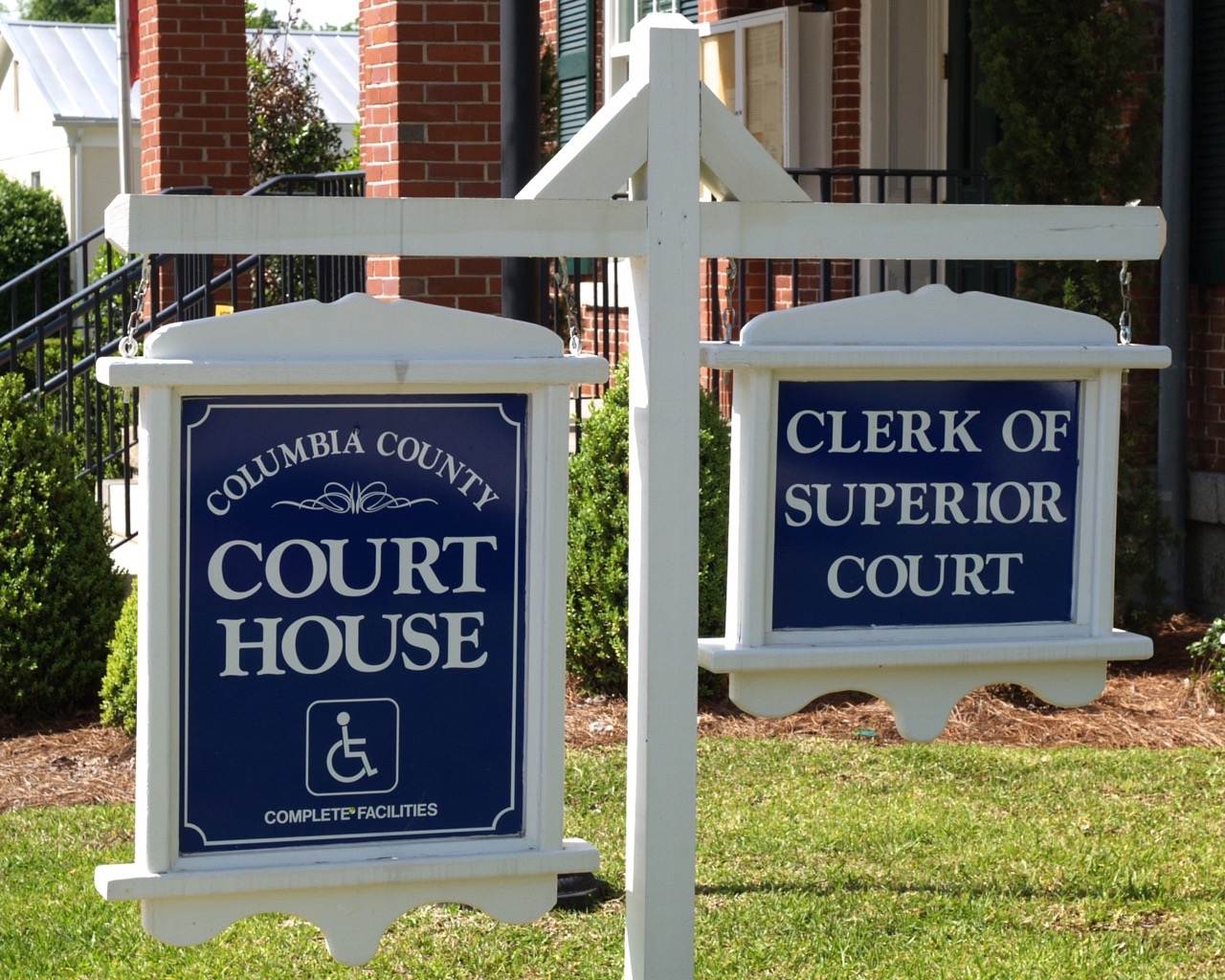Clerk Of Court Columbia County Site

Notary Public Services
Become a Notary Public
Become a Notary Public

Note: As of January 1, 2025, the notary law in Georgia changed and now requires all applicants to complete a training course before applying. You can find information on that training at https://elearn.gsccca.org. Once completed, please print your certificate and present that along with your application to our office as outlined below.
A Notary Public is an official of the State of Georgia with the authority to:
Witness or attest signatures on deeds and other written documents
Take acknowledgments
Administer oaths and affirmations
Witness affidavits
Take verifications
Make certified copies of documents
Qualifications to Become a Notary Public
To be eligible to become a Notary Public in the State of Georgia, you must meet the following requirements:Be at least 18 years old
Be a resident of Georgia
Be a resident of Columbia County, or a resident of a neighboring state who conducts business or is employed in Columbia County
Be able to read and write in English
To be eligible to become a Notary Public in the State of Georgia, you must meet the following requirements:Be at least 18 years old
Be a resident of Georgia
Be a resident of Columbia County, or a resident of a neighboring state who conducts business or is employed in Columbia County
Be able to read and write in English
Application Process
- Download and Submit Your Application: After submitting your application, you will need to take your oath in the Clerk’s office.
- Notary Public Application: To apply for appointment as a Notary Public, you must:
- Obtain and complete the application form provided by the Clerk of Columbia County Superior Court. (The Clerk is Cindy Mason.)
- Sign the application and affirm the truthfulness of the information provided.
- Disclose any criminal convictions, excluding minor traffic violations.
- Obtain endorsements from two individuals who are at least 18 years old, not relatives, and residents of Columbia County. They must confirm that you are a person of integrity, good moral character, and capable of performing notarial acts.
- Application Fee: The fee for applying is $44.00, payable by cash or money order.
Commissioning Process
- Review and Decision: The Clerk of Columbia County Superior Court will review your application and either grant or deny your commission.
- Denial of Application: Your application may be denied if you have been convicted of a crime (other than a minor traffic violation) or if you have had a notary commission revoked, suspended, or restricted.
- Issuance of Certificate: If your application is approved, you will receive a certificate of appointment from the Clerk of Columbia County Superior Court. The Georgia Superior Court Clerks’ Cooperative Authority will also be notified and will issue an official ID card with your appointment details.
Term of Office
- Term Duration: A Notary Public serves a four-year term, starting from the date of their commission.
- Revocation: A commission may be revoked at any time if a notary violates notary public laws or performs illegal acts.
- Renewal: You can renew your commission in person at the end of your term.
Seal of Office
- Seal Requirements: A Notary Public must use a seal for authenticating notarial acts. The seal must include:
- Your name
- The words “Notary Public,” “Georgia,” and “Columbia County”
- The seal may be an embossing device or rubber stamp.
- Documentation: All notarial acts must be documented with your seal.
Fees for Notarial Acts
- Fees You May Charge: A Notary Public may charge the following fees:
- Administering an oath: $2.00
- Each attendance to make proof: $2.00
- Each certificate issued: $2.00
- Maximum Charge: The total fee for each notarial act is capped at $4.00, which includes $2.00 for the act itself and $2.00 for attendance and certification.
A Notary Public is not required to charge for notarial services but must inform the person requesting the act in advance of any fees.
For more information on commissioning Notaries Public, visit the Georgia Superior Court Clerks’ Cooperative Authority website. https://www.gsccca.org/notary-and-apostilles/notaries/general-notary-information
Reach out to us!

